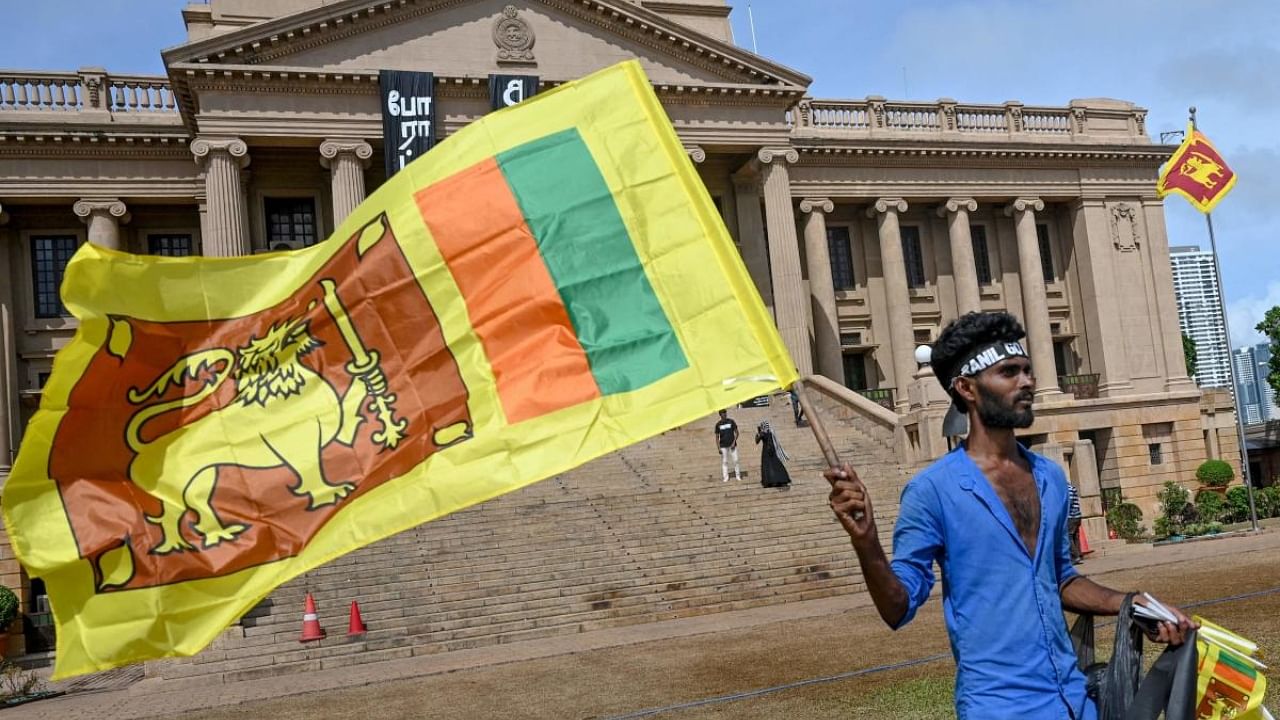
Sri Lanka has received $330 million as the first tranche of the IMF bailout programme, which will pave the way for the debt-ridden country to achieve better "fiscal discipline" and "improved governance," according to President Ranil Wickremesinghe.
The International Monetary Fund (IMF) on Tuesday approved a $3 billion bailout programme to help Sri Lanka overcome its economic crisis and catalyse financial support from other development partners, a move welcomed by Colombo as a "historic milestone" in the critical period.
Sri Lanka has been hit hard by a catastrophic economic and humanitarian crisis, sparked by years of mismanagement and the raging pandemic.
The cash-strapped country has received the first tranche of $330 million of the IMF Extended Fund Facility (EFF), Daily Mirror Lanka newspaper quoted state finance minister Ranjith Siyambalapitiya as saying.
"This sets the stage for the country to achieve better fiscal discipline and improved governance," President Wickremesinghe told Parliament on Wednesday.
The IMF's Executive Board approved on Monday a 48-month extended arrangement under its Extended Fund Facility (EFF) with an amount of SDR 2.286 billion (about $3 billion).
Special Drawing Rights (SDR) are supplementary foreign exchange reserve assets defined and maintained by the IMF.
The EFF-supported programme aims to restore Sri Lanka’s macroeconomic stability and debt sustainability, mitigate the economic impact on the poor and vulnerable, safeguard financial sector stability, and strengthen governance and growth potential, the IMF said.
This programme will allow Sri Lanka to access financing of up to $7 billion from the IMF, International Financial Institutions (IFIs) and multilateral organisations, a statement said.
Sri Lanka in April last year declared its first-ever debt default in its history as the worst economic crisis since independence from Britain in 1948 triggered by forex shortages sparked public protests.
Months-long street protests led to the ouster of the then-president Gotabaya Rajapaksa in mid-July.
Rajapaksa had started the IMF negotiations after refusing to tap the global lender for support.
Sri Lanka has introduced painful economic measures such as tax hikes and utility rate hikes to unlock the programme.
Trade unions and opposition groups have organised protests against such measures.